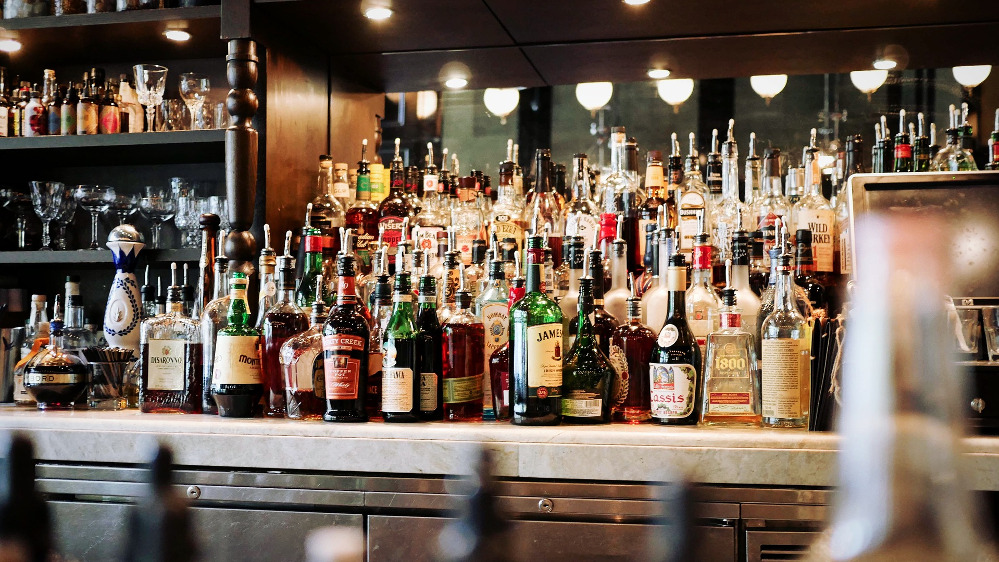New research by wellbeing charity CABA has revealed that 60% of British employees regularly drink on a work night (Sunday to Thursday).
Their top 5 reasons for drinking are:
- Nearly a third drink to de-stress (29%)
- They enjoy the taste (28%)
- They drink with their friends socially (19%)
- Out of habit (they have an alcoholic drink most days) (16%)
- Boredom (6%).
For a third (29%) of Brits, drinking helps them de-stress, especially women, who are 15% more likely than men to reach for the bottle to relax. Contrastingly, the primary reason men drink is because they enjoy the taste (30%). Overall, men are more likely to drink on a work night (69%), with 20% in the habit of drinking routinely.
Kelly Feehan, Services Director at CABA said: “A glass of wine or cold beer every so often after work is by no means a bad thing. For many it’s a treat or reward after a hard day’s graft. However, it’s important to consider the recommended 14 units per day for men and women. Be mindful that, while alcohol may help you fall asleep, it in turn disrupts sleep. If returning to work the next day, be aware that alcohol lingering in your system could render you over the limit for your morning commute. Equally, you might notice delayed reaction times and low attention span at work. These factors can affect productivity and quality of work.
“What concerns us is the proportion of workers turning to drink as a remedy for stress. There are healthier ways to kick-start your mood and outlook, like going for a run or walk, as exercise releases feel-good endorphins.”
Workers aged 25 to 34 are the most likely to drink on a work night (83%), in contrast with older workers aged 45+, who are the most likely (50%) to stay sober. Taste is the most appealing factor about drinking for more than a quarter of young employees (28%).
77% of Londoners drink on a work night, with one in five (23%) enjoying a tipple most days, accounting for more than anywhere else in the UK. Scots are the least likely to drink on a work night, with 55% saying they don’t drink regularly during this time.
For nearly half of workers earning more than £100,000, an appreciation of the taste tempts them to a tipple (47%) – likewise for workers in the financial and business sectors (41%). Contrastingly, on the lower end of the salary spectrum, more than a third (37%) of workers earning between £10,000 and £25,000 drink to de-stress.
Kelly Feehan continued: “Networking is an increasingly valued professional tool. In London, for example, there is a high concentration of businesses, with many workers networking to socialise and establish relationships with key contacts within their industry. Moreover, in the festive season the frequency of office parties and client celebrations increases, and the alcohol flows. With this in mind, people develop, or act upon, a taste for their alcohol, with stress less likely to factor in. Measuring units and knowing your limit are integral to keeping health in check and maintaining professionalism at all times.”















